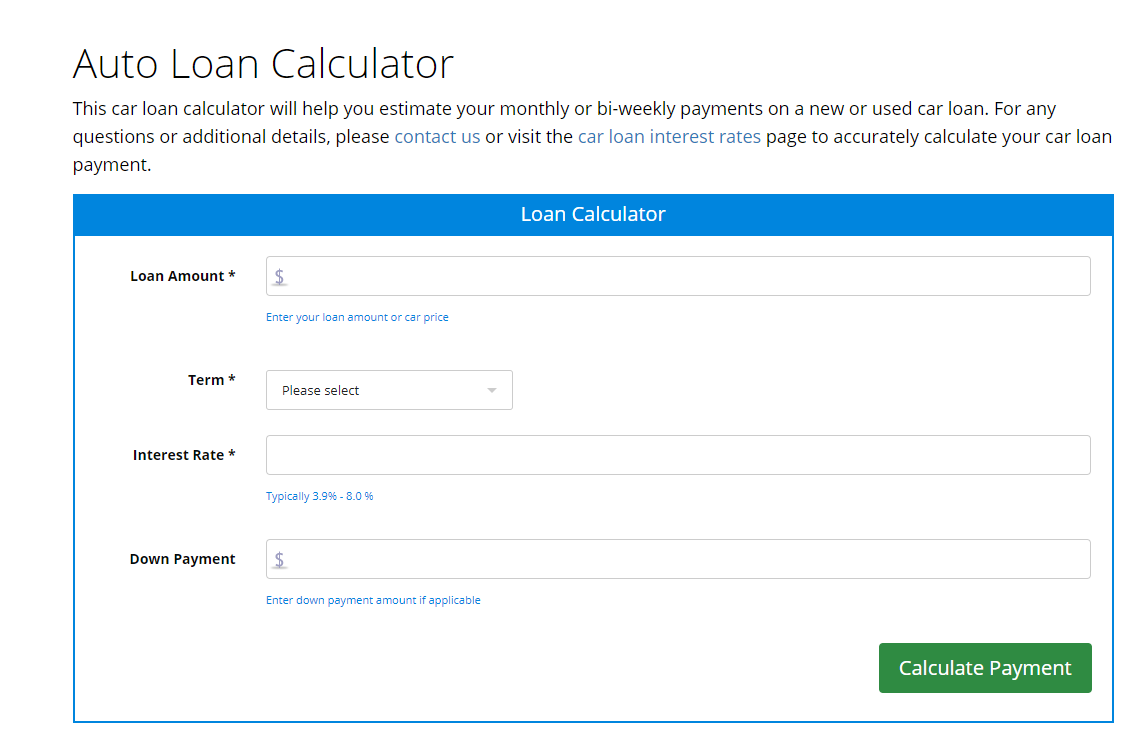A New Study Suggests Car-sharing is the Future of Automotive Sales and Finance

You’ve used Netflix right? Or at least have a friend with an account and understand the basics of the platform? You pay a monthly fee on a subscription, and in exchange you get access to the latest and greatest of television, films, and documentaries which are regularly rotated.
Now what if I told you that there is a car service equivalent to Netflix. More importantly though, that this model is set to make a big splash in the ecosystem known as automotive financing. A recent study published last month by Deloitte Consulting is predicting that 35% of the overall auto finance market will become business-to-business in the next 10 to 15 years as a result of car-sharing.
But we’re getting ahead of ourselves. Let’s take a moment to discuss what car sharing is and isn’t for those not familiar with the term.
Car-Sharing, in a Nutshell
Car-sharing refers to the principle that individuals gain the benefits of private cars without the costs and responsibilities of ownership. In a way, it’s similar to car rentals, but it does differ in some key areas as this article outlines:
- Reservation, pickup, and return is all self-service
- Vehicles can be rented by the minute, by the hour, as well as by the day
- Users are members and have been pre-approved to drive (background driving checks have been performed and a payment mechanism has been established)
- Vehicle locations are distributed throughout the service area, and often located for access by public transport
- Insurance: state minimum liability insurance (only $5000 in some states), comprehensive and collision insurance. They do not provide uninsured, under-insured or personal injury protection insurance.
Predictions From the Study
As a result of the market’s move toward car-sharing the Deloitte study says, it is very likely that in the near future, it will be dealership, and not customers, that will own the majority of vehicles. They would then offer the vehicles to consumers on a subscription like service. The study also has the researchers showing confidence that although autonomous vehicles still have a long way to go, they have already played a significant role in shaping the automotive sales industry in the near future.
The study argues that there are four possible “future states of mobility” from the gradual popularity of car-sharing.
- State 1 would involve an incremental change. Vehicles would still be personally owned and driver-driven.
- State 2 would see the growth of the sharing model, including taxis, limos, rental cars, ride-sharing and car-sharing.
- State 3 would find autonomous vehicles safe and available, but many customers still preferring to own vehicles. Because dealers would continue to sell or lease vehicles to consumers in this scenario, much traditional financing would remain unchanged. When customers begin to purchase autonomous vehicles, dealerships likely would adopt a “highly tailored showroom experience,” the study said.
- State 4 would be the blend of the sharing and autonomous vehicle trends.
This can be a positive change, the study said, because “it could open up a sizable new frontier for auto finance companies.”
“Fully autonomous vehicles may be a distant vision, but the sharing model will grow even if autonomous vehicles never hit the market or regulations delay its arrival” comments AutoNews.com about the study’s implications.






